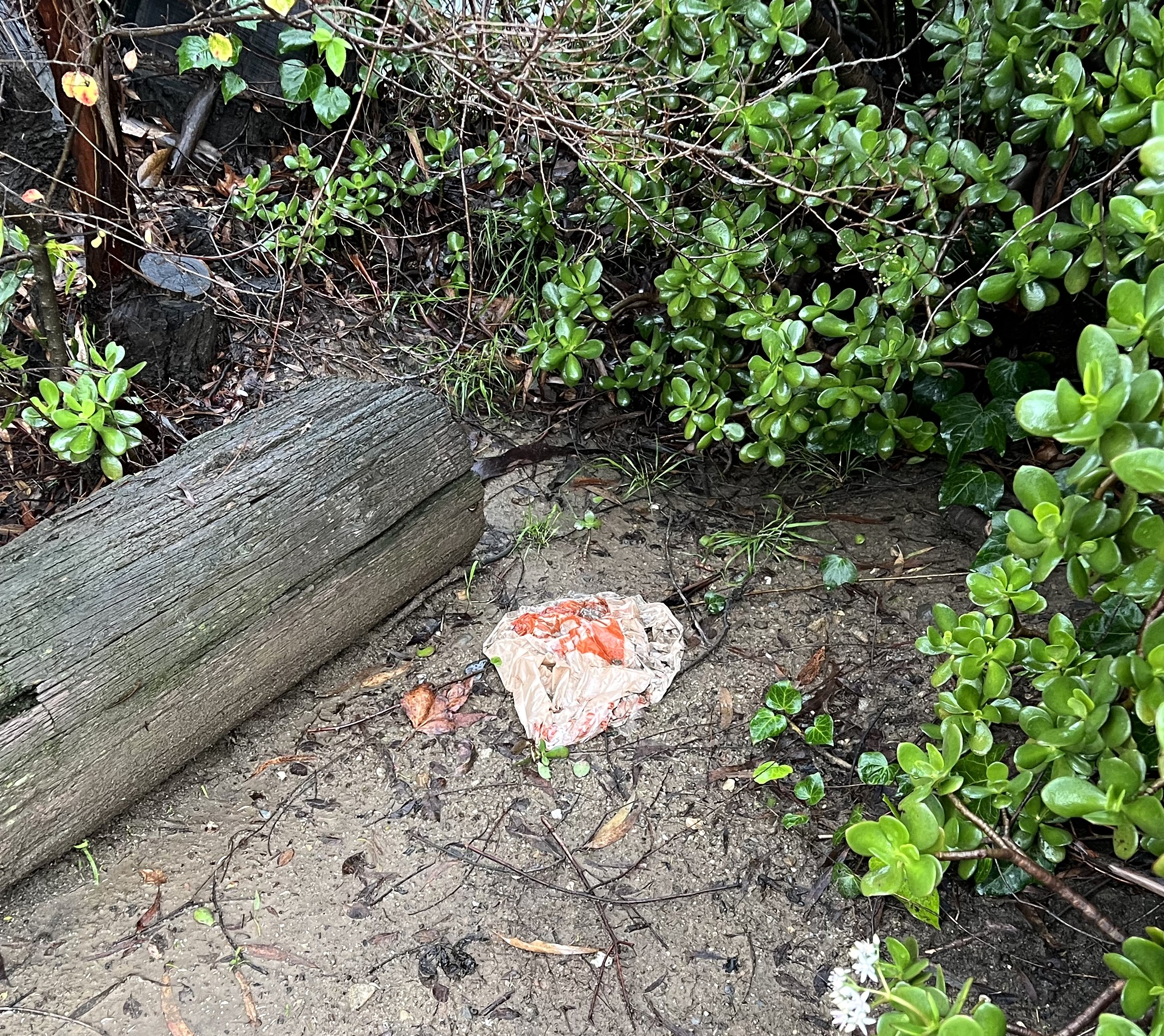CHAZ PLAGER
California Attorney General Rob Bonta made news in a November 2 press release when he said, “Most Californians are under the impression that plastic bags are recyclable.”
He added, “California has banned single-use plastics, and we see the ‘chasing arrows’ symbol, or 100% recyclable printed on most every bag we get from the grocery store. But astonishingly, there’s a good chance that most, if not all, these bags are not actually recyclable.”
When I was in grade school, I always wondered why my mom told me to throw away plastic bags rather than try and recycle them. Weren’t they plastic, same as candy wrappers and water bottles? Why throw them out?
Bonta said “the vast majority of plastic products, by design, cannot be recycled. The rate of plastic recycling in the U.S. today is estimated to be just six percent.”
So, I did a bit of digging and here’s what I learned.
Under California law, plastic bags supplied to grocery stores must be recyclable. About a decade ago, a new law forced manufacturers of plastic bags to make their bags recyclable. But that also implies that there are plastic bags that are not recyclable.
There are seven kinds of plastic recognized by most recycling companies: PET, HDPE, PVC, LDPE, PP, PS, and Other (a mix of the above six).
Of those seven, PET and HPDE can be recycled.
PVC, LDPE, PP, PS, and Other cannot be recycled or can only be recycled with great difficulty.
Plastic bags are typically made from one of three types: high-density polyethylene (HDPE), low-density polyethylene (LDPE), or linear low-density polyethylene (LLDPE).
Grocery bags are HPDE, while shopping and dry-cleaning bags are LLDPE or LDPE. Only grocery bags are recyclable– the rest will just clog up landfills for 500-1,000 years, give or take.
So, are plastic bags recyclable? Only grocery bags are, and you can only be sure of that in California. Anywhere else, they might be made from LDPE or LLPE.
It doesn’t need to be said just how badly damaged our environment is – but perhaps it does need to be said what can and can’t be recycled. The wrong items can lead to headaches for recycling centers and clog up landfills. Even someone like myself, whom I consider environmentally minded, didn’t know why I had to throw away plastic bags.
I believe more people should be made aware of the plastic pollution crisis and more states should have bags made of recyclable plastic.
In the meantime, Bonta is questioning whether manufacturers’ bags (Novolex, Revolution, Inteplast, Advance Polybag, Metro Polybag and Papier-Mettler) are really recyclable and asking them to prove it.
Bonta’s investigation comes about because he was looking into fossil fuel and petrochemical industries and their role in causing the global plastics pollution crisis.


The LA Times is delivered in a plastic bag. Is it recyclable?
Ron,
It seems that only PET and HPDE plastic can be recycled. PET is what’s used to make bottles for soda, water and other drinks. It’s also used to make cooking oil containers, plastic peanut butter jars and containers for other popular food items.
HDPE (High density polyethylene) are used to make milk jugs, shampoo bottles, cleaning product containers and detergent bottles.
That would mean that the plastic used to wrap newspapers can’t or isn’t recycled.
Sue
A company called Ridwell is beginning to pick up recyclable materials (including the “unrecyclable” recyclable plastics in the Palisades. They sell the materials to individual manufacturers who use those materials in their products.
Ridwell picks up an array of recyclables, including LDPE (low-density polyethylene) which is used in grocery bags, dry cleaning bags, newspaper wrappers etc. and which is generally not recycled through curbside programs. As I recall, Ridwell sells LDPE to the manufacturer of Trex flooring where it is combined with sawdust to make fencing and decking.
Here’s a link to Ridwell’s website: https://www.ridwell.com/
Thanks for covering this subject.
What about PAPER Bags?? Recyclable??
I saw the link in the comments to Ridwell. I just went to it and they say they need about 5000 more people to sign up so they can work in Los Angeles. It sounds like a great program to get rid of all that plastic film stuff that we get all the time as well as many other things. Maybe you could feature it in your main section of the newsletter to get the message out.